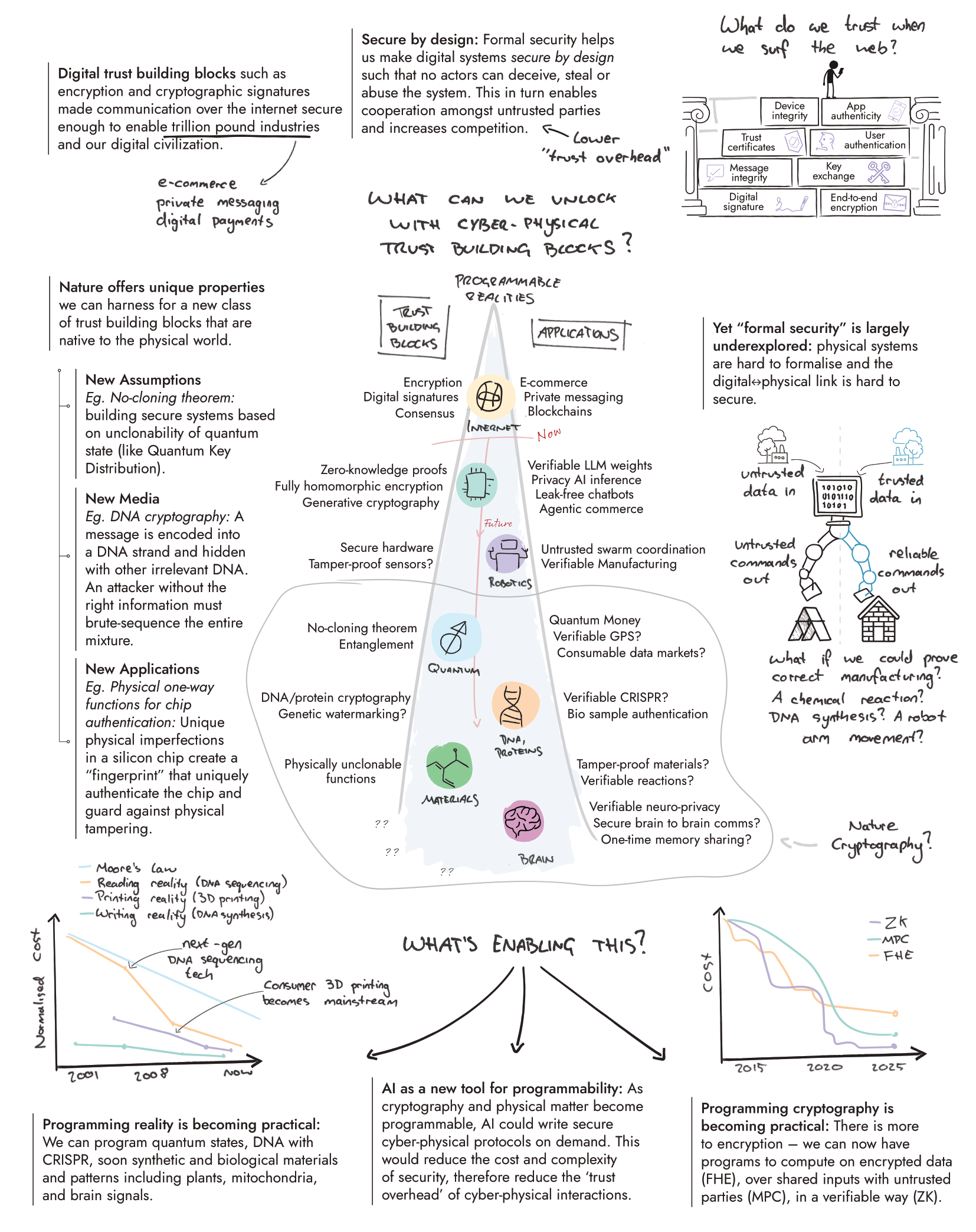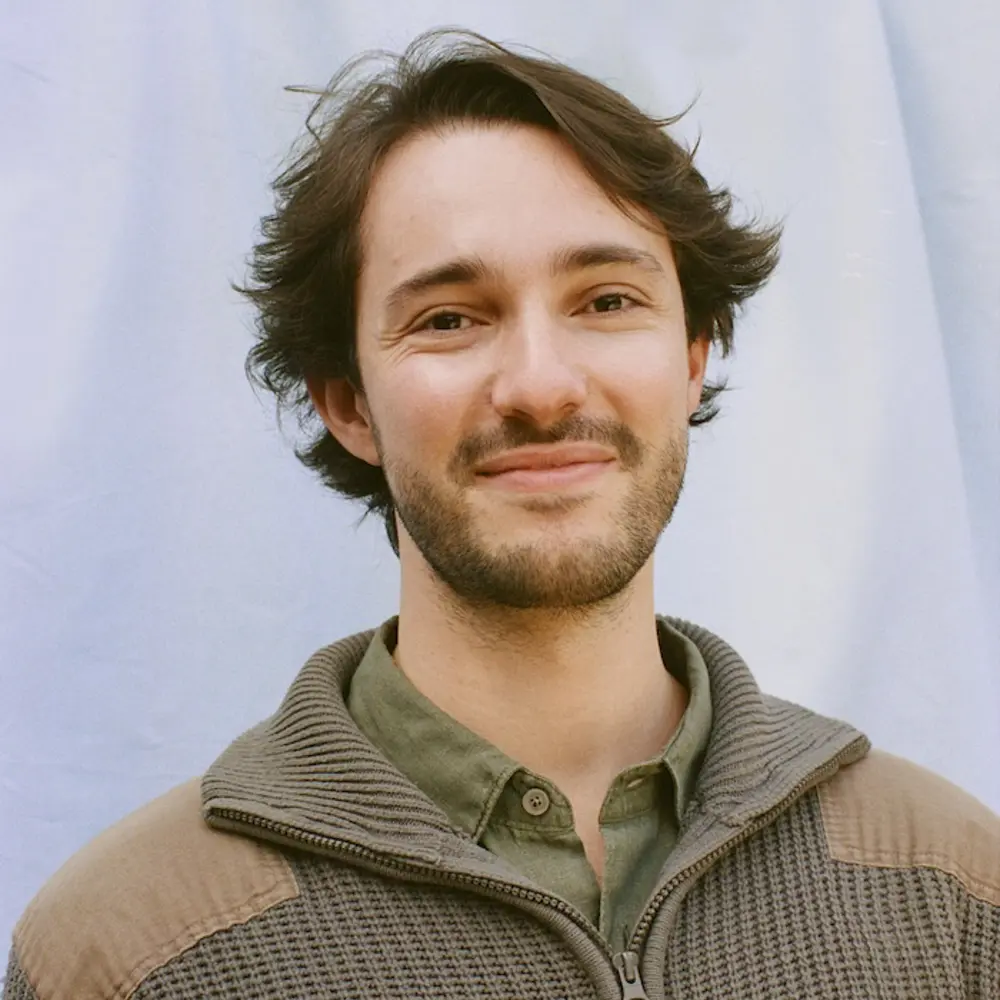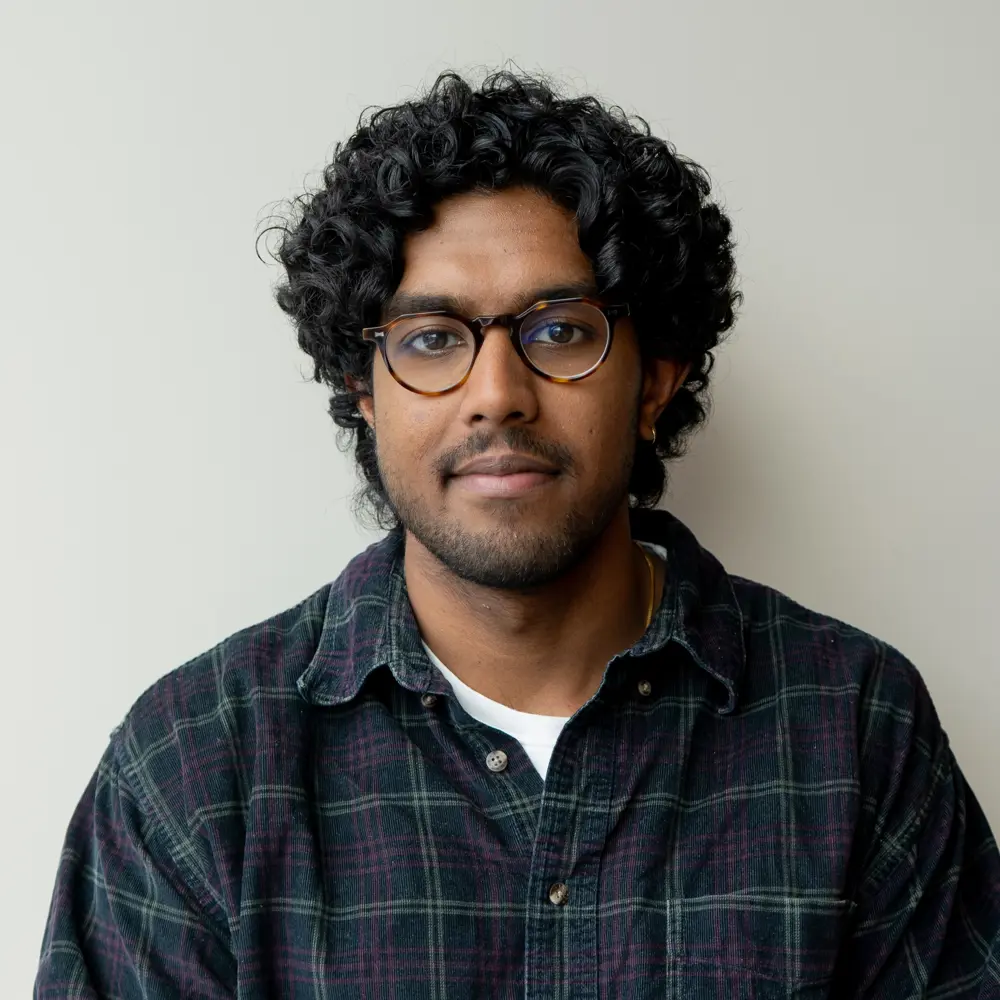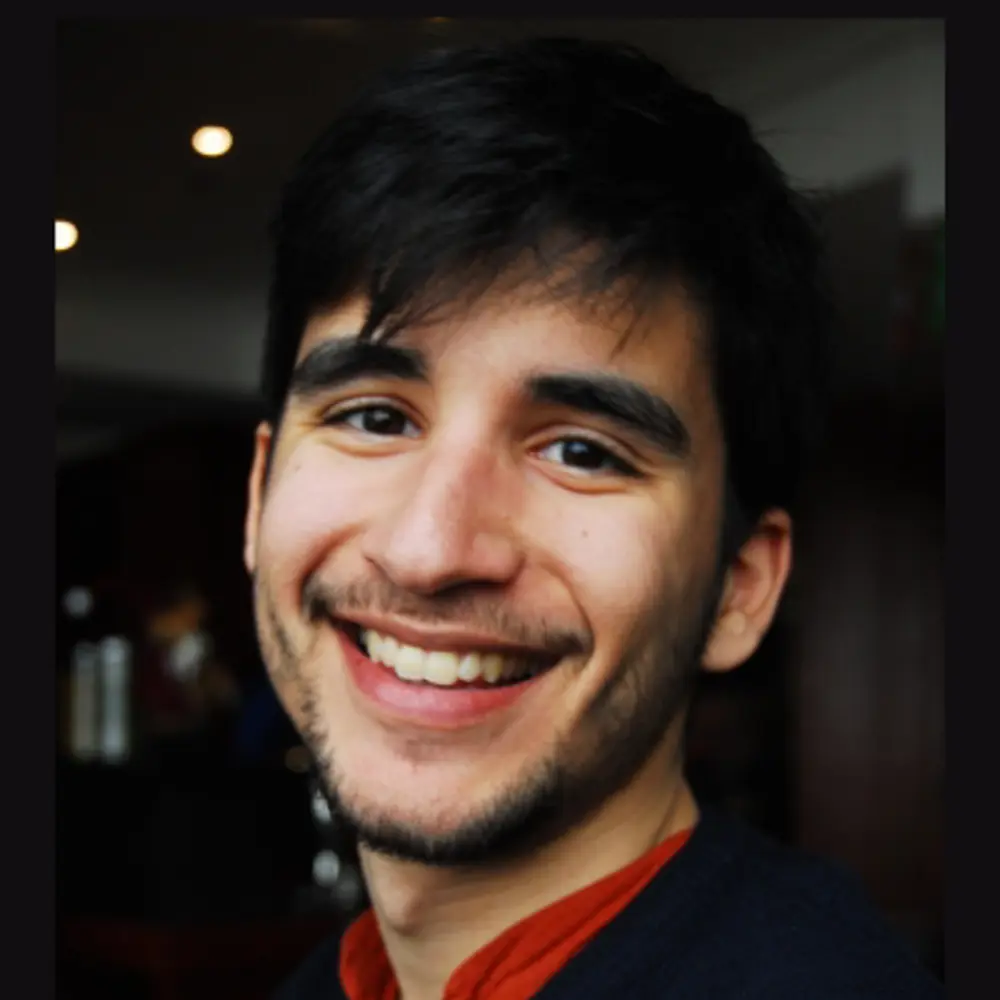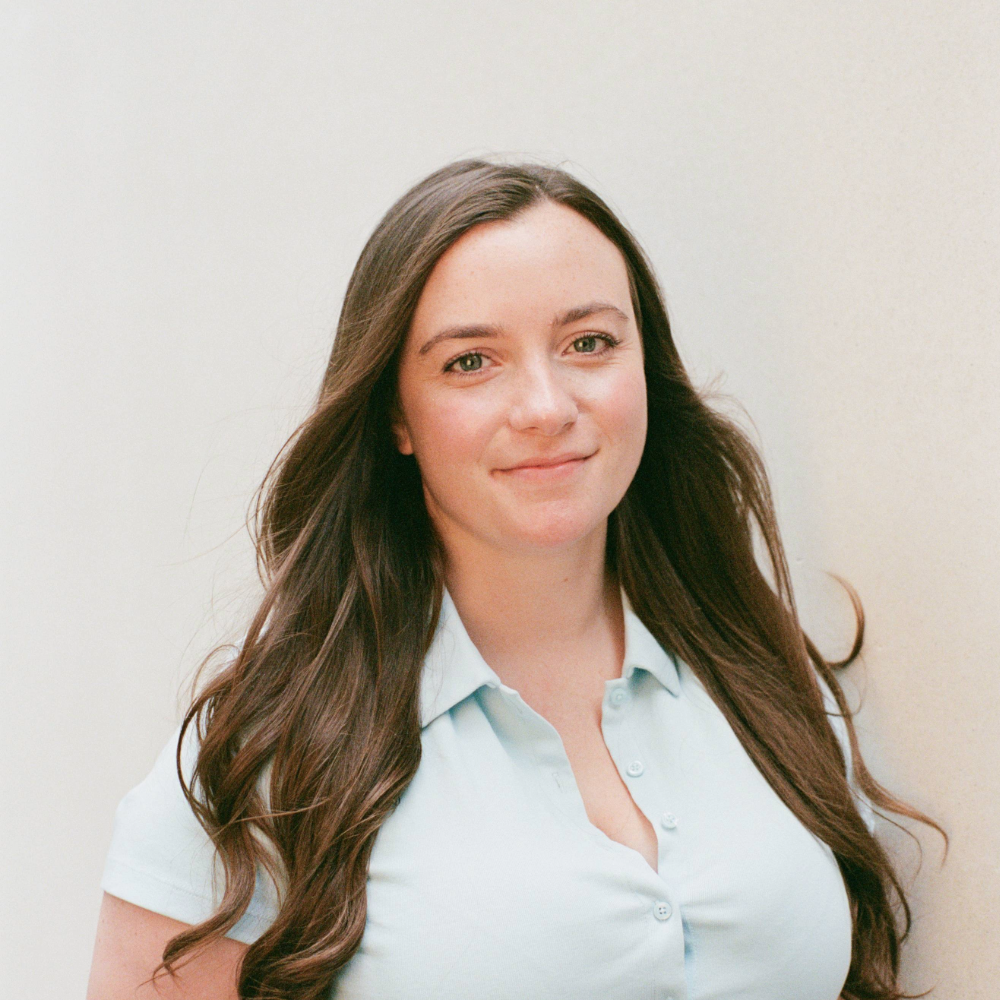Trust Everything, Everywhere
Trust 'building blocks', like encryption, enable digital industries to flourish securely, but they don't extend into the physical world. With emerging technology blurring the line between digital and physical, a new trust infrastructure that straddles both worlds could unlock cyber-physical markets.
What is an opportunity space?
Opportunity spaces are areas of research that we believe are ripe for breakthroughs. They are defined by our Programme Directors, and must be highly consequential for society, under-explored relative to their potential impact, and ripe for new talent, perspectives, or resources to change what’s possible.
Core beliefs
The core beliefs that underpin this opportunity space:
Creating a new trust infrastructure will unlock the cyber-physical economy. The trust building blocks that enabled today’s £24-trillion digital economy, like encryption and cryptographic signatures, do not extend to the physical world.
Formal security reasoning is key to designing new cyber-physical trust building blocks: rooted in different assumptions (e.g. quantum physics instead of computational hardness), and living in alternative informational substrates (e.g. DNA instead of bits).
AI will make secure cyber-physical interactions accessible to everyone. The next generation of trust infrastructure will allow AI systems to generate customised, on-demand protocols in situ for any given cyber-physical interaction, spanning atoms, molecules, waves, and bits.
Give feedback on this opportunity space
Areas we are exploring whilst developing a funding programme in this space:
- Substrate-agnostic, AI-generated security protocols – enabling agent collaboration in digital and physical adversarial environments using cryptography, trusted hardware and other similar capabilities
- Security primitives for biology, especially for biosecurity (vaccine obfuscation etc.)
- Verifiable manufacturing/self-driving labs/autonomous supply chains
- Security-like behaviours in nature
- Classical to quantum trust-minimised communication (practical remote state preparation, remote state measurement)
- Neuro-privacy, and neural interfaces security technology
Help inform the development of the programme thesis by providing feedback or registering interest in taking part in a roundtable.
Pre-programme discovery funding
Application deadline: 12 November 2025 (14:00 GMT)
We are now looking to develop an ambitious research programme within this space. To help inform our direction and build community, we are looking to fund ~3-month exploratory projects with up to £20,000 each.
We welcome proposals that fall into one of these four tracks:
- Track 1: Systemisation of knowledge – In-depth analyses of topics relevant to the opportunity space.
- Track 2: Applied agentic challenges – Design and prototype implementation of games to help us measure the current state of the art in multi-agent coordination and surface new agentic capabilities.
- Track 3: Ethical and risk analysis – Analyses of ethical considerations and risks we should be mindful of as we consider funding tools and infrastructure for multi-agent coordination.
- Track 4: Community building in the UK, and beyond – Events, educational content, website and other such community-driven efforts to grow multi-disciplinary R&D communities in the UK and beyond who are relevant to the opportunity space.
More details including what is in and out of scope can be found in the call for proposals below.
We are also hosting a webinar on Wednesday 22 October at 16:00 to present our current thinking around the thesis, followed by Q&A from the audience. You can find more information and instructions to register here.
Resources:
Call for proposals
Call for proposals (accessible version)
Accessibility support
Meet the programme team
Our Programme Directors are supported by a core team that provides a blend of operational coordination and highly specialised technical expertise.
Find us at the following events:
- 17-21 November - Devconnect - Buenos Aires
-
2-7 December - NeurIPS - San Diego
Resources
A compiled, but not exhaustive list of works helping to shape our view and frame the opportunity space (for those who want to dig deeper).
Sign up for updates
Stay up-to-date on our opportunity spaces and programmes, be the first to know about our funding calls and get the latest news from ARIA.

